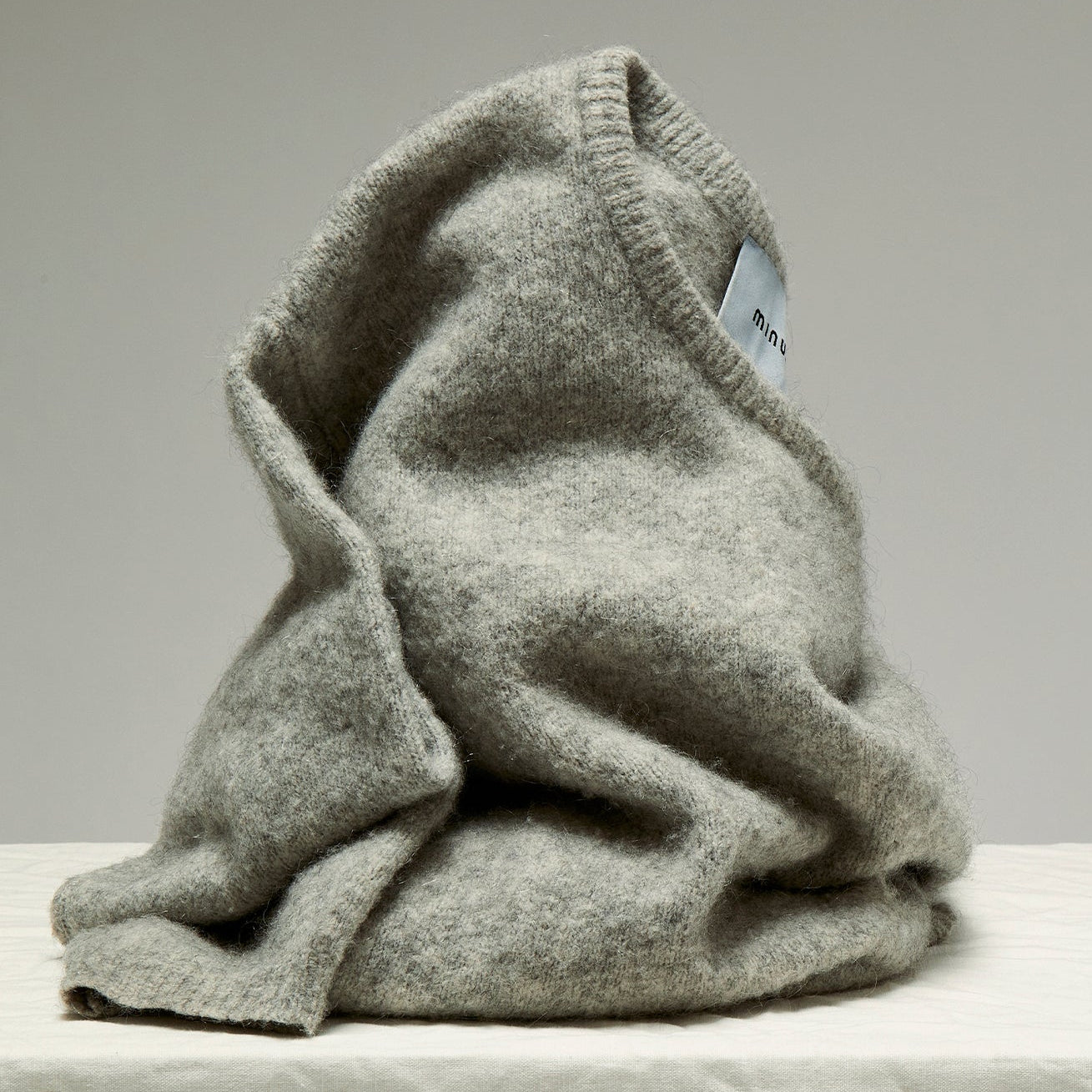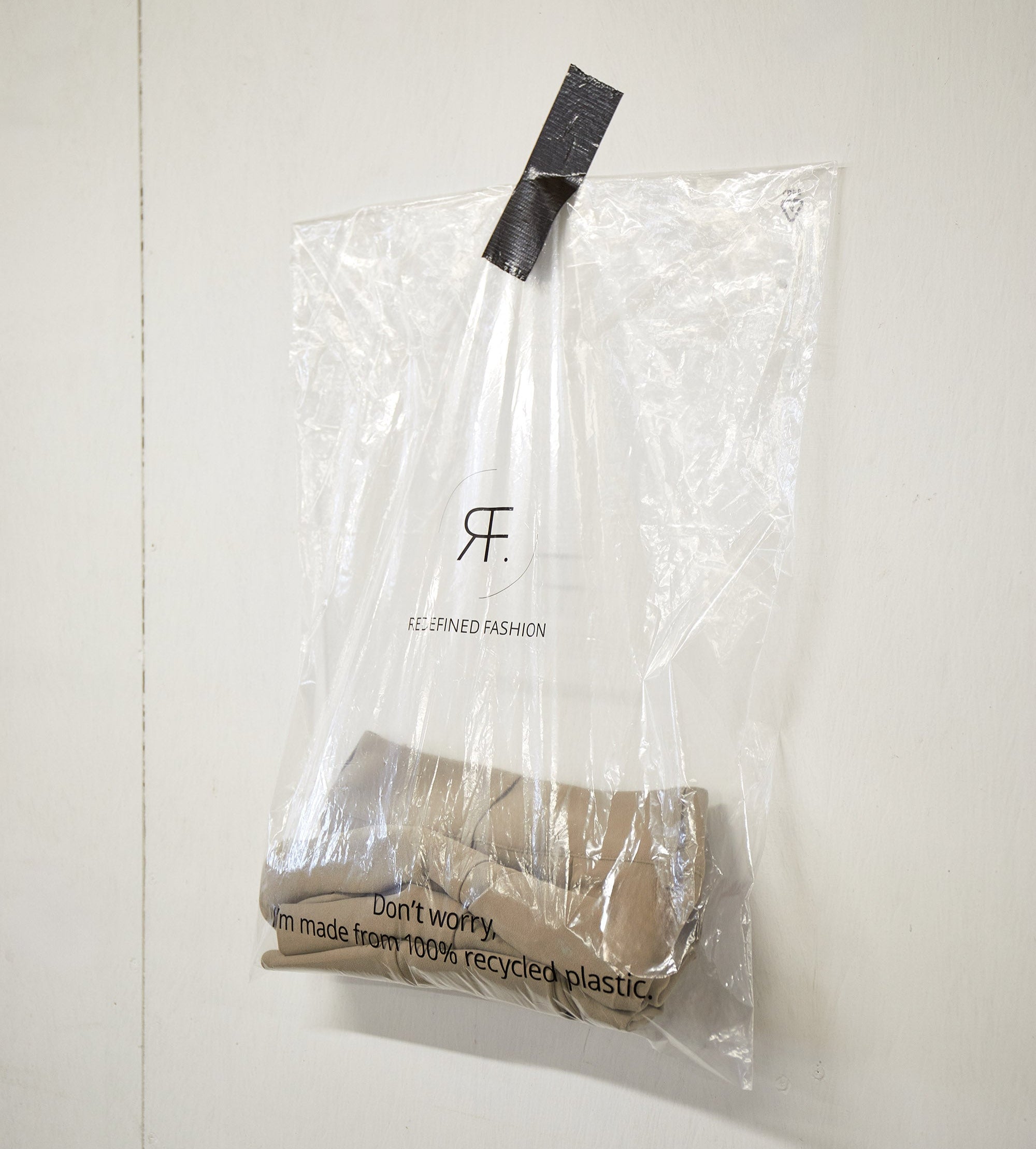
WE ARE REDEFINED FASHION
a fashion company build on female power
Vores ambition er at omdefinere mode og udfordre alle processer i vores forretning. Det griber vi an med et personligt engagement, stor passion og ved at være opmærksomme på alle detaljer. Vi leder altid efter nye alternativer eller det lille ekstra, for at skabe bemærkelsesværdige designs, for at blive mere bæredygtige eller for at være en bedre partner. Hos Redefined Fashion skaber vi garderober, der styrker og inspirerer folk til at leve det liv, de ønsker

Redefined Fashion blev grundlagt i 2013 og ejes af Kasper Moeslund og Chalotte Kjær Bruun. En duo drevet af engagement i deres løfter. I over et årti har de arbejdet side om side, dedikeret til at bringe de nyeste trends til vores loyale kunder.
Vores fokus er på at opbygge langsigtede, gensidigt gavnlige relationer med kolleger, kunder, leverandører og partnere. Vi tror på, at stærke relationer er bygget på tillid, samarbejde og en fælles forpligtelse til succes. Ved at arbejde sammen stræber vi efter at skabe varige forbindelser, der leverer værdi, driver vækst og sikrer gensidig velstand. Disse partnerskaber er hjørnestenen i vores tilgang, og vi er dedikerede til at dyrke dem gennem åben kommunikation, respekt og fælles mål.
Disse partnerskaber er grundlaget for vores tilgang, og vi er dedikerede til at udvikle dem gennem åben kommunikation, respekt og fælles mål.
I dag rummer vi tre unikke brands under samme tag: Minus, Desires og Peppercorn. Hvert brand har sin egen identitet og målgruppe, og de drives alle af passionerede individer, der deler og værdsætter vores kerneværdier.

AT REDEFINED FASHION
Vi tager vores ansvar alvorligt, og "at vi omdefinerer" er en af vores kerneværdier. Forpligtet til at sætte nye benchmarks for ansvarlighed på tværs af hele vores forsyningskæde, fra den første idé til det endelige produkt på hylden, har vi taget hul på en rejse mod større bæredygtighed, indkapslet i vores initiativ "Redefine together – vores ansvar."
